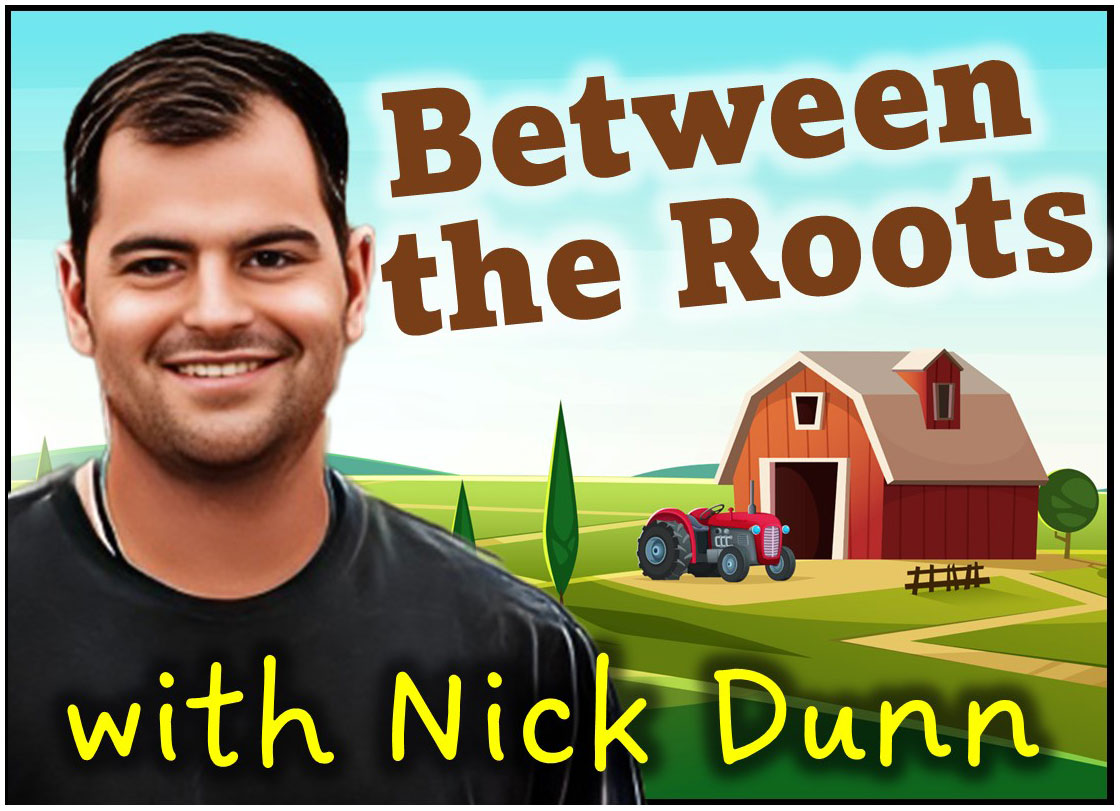
By Nick Dunn
The world has been evolving with technology for many years and the agricultural industry has changed to adopt these new technologies in many accelerated ways. With crop production, our equipment has evolved to include the latest technology at our fingertips. This allows us to be more efficient and ultimately enables us to implement the 4R stewardship model, which is applying the Right source, at the Right rate, Right time and Right place. This same implementation is starting to hit the livestock sector and I believe it is going to change the industry, like how GPS changed the cropping sector, in due time. The reason we have adopted these changes to how we crop land is for an obvious reason: to save time and money. Now that tech companies have been establishing themselves in the livestock industry, if they can prove they can save ranchers’ time and money, then they will have a permanent seat at the table.
If you ask a producer what the most utilized piece of equipment is on the farm, he/she is going to tell you that it’s all of it. It takes the full fleet and then some to produce crops and livestock. It’s the same reason why you have more than one wrench in your toolbox or screwdriver; you need many tools. Another tool that has a big role on the farm is drones, and that’s not only to do with crop scouting and taking elevated photos or videos. Drones can be utilized for many daily activities to manage livestock such as infrastructure inspection, herd counts, reading tags, livestock recovery, thermal imaging (disease and stress detection), temperature measurements and more to come with continued software development. A drone equipped with an optical zoom and thermal imaging camera will have the capability to achieve all that you would need to with livestock and on the lower side costs around $7,000. With the new Sustainable Canadian Agricultural Partnership (SCAP) there is funding available for producers to cover 50% of the costs of purchasing a drone for your farm.
I went to a conference last December and they had a speaker who spoke on new smart ear tags. These ear tags were equipped with GPS, and thermal reading capabilities. This gave producers the benefit of tracking their livestock from time spent in feeding and watering locations and if there were any sudden changes to body temperature.
He also spoke on virtual fencing, which in my mind has some major trust issues, but if you could overlook that, would provide a major benefit and allow producers to do something that seems impossible. Each animal is equipped with a GPS collar like the shock collars we have on our pets. The boundaries can be set with any device and can be done in seconds just like drawing border lines on satellite imagery. The collars will work directly with the map boundaries you have drawn. Producers can make changes so fast that they can actually herd their animals with this process. The possibilities are endless when you can put up gates and fences and take them down in seconds, and virtually anywhere. I could even see this going to the next level with autonomous herding and organizing.
Another device he mentioned were the boluses that were swallowed and sit in the reticulum of cattle. This provides more data in terms of feed efficiency and heat detection, which will also change the way we manage cattle and provide us with more data that can be used to make inclined decisions.
Technology does have many benefits, but like everything there are also challenges and the biggest one is the high costs. Luckily there are some grants available through SCAP, but still, efficiency isn’t free. I believe these costs will come down in time just like we have seen with other technologies that we use day-to-day like computers, TVs and cellphones. Technology will be integrated further into the livestock industry to help producers enable their stewardship, which is managing the Right animal, Right feed, at the Right time and at the Right place. We are pioneers of technology integration into the agricultural industry.
Nick Dunn is Flagstaff County’s Agricultural Fieldman. He can be reached via email at: ndunn@flagstaff.ab.ca or by phone at: 780-384-4138.